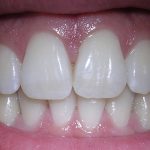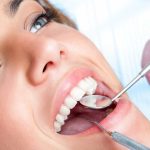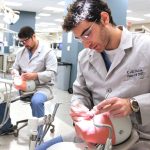Spitting After Wisdom Teeth Removal: A Comprehensive Guide to Recovery
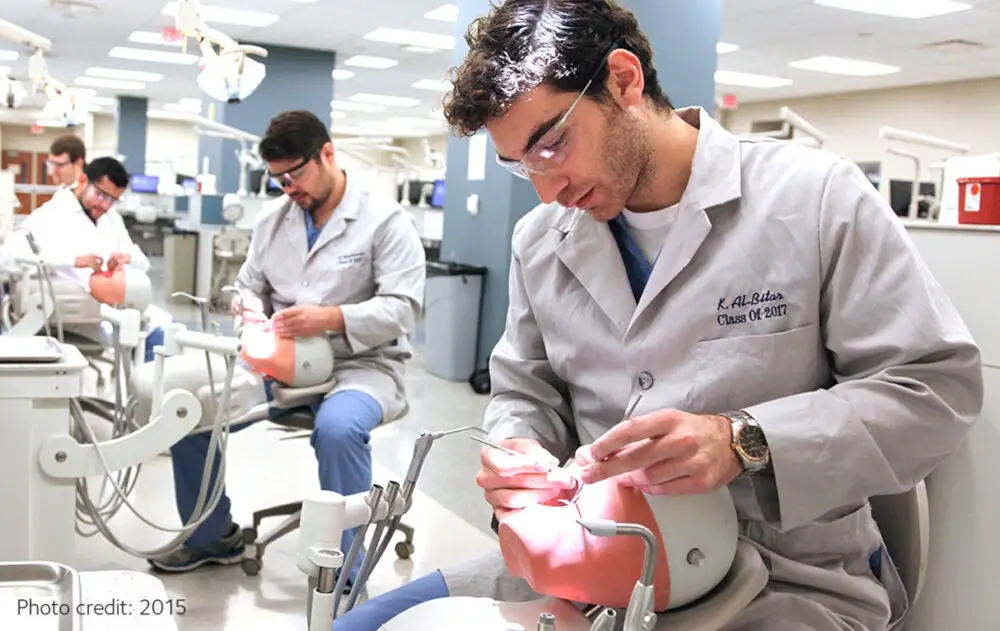
Wisdom teeth removal is a common dental procedure that aims to alleviate pain and discomfort caused by impacted or partially erupted teeth. While the surgery itself is relatively straightforward, the recovery process can be challenging, and patients need to take several precautions to prevent complications and promote healing. One of the most common concerns after wisdom teeth removal is spitting, which can interfere with the formation of blood clots and increase the risk of infection. In this comprehensive guide, we will explore the causes of spitting after wisdom teeth removal, its potential risks, and the best ways to manage it during the recovery period. Spitting after wisdom teeth removal can be caused by several factors, including the accumulation of blood or saliva in the mouth, the presence of sutures or gauze, and the instinctive response to clear the throat or mouth. While spitting may seem like a harmless habit, it can have serious consequences for the healing process, as it can dislodge the blood clot that forms at the extraction site. This clot is essential for protecting the underlying bone and tissue and promoting the growth of new cells. When the clot is removed or disrupted, it can lead to a condition called dry socket, which can cause severe pain, infection, and delayed healing. Therefore, patients who undergo wisdom teeth removal should be aware of the risks of spitting and take active steps to prevent it.
The article \Spitting After Wisdom Teeth Removal: A Comprehensive Guide to Recovery\ aims to inform readers about the prevalence of spitting after wisdom teeth extraction and the importance of proper post-operative care. Spitting is a common occurrence after wisdom teeth removal and can lead to various complications such as dry socket, infection, and delayed healing. Understanding how to care for your mouth after the procedure is crucial to ensure a speedy and successful recovery. The article highlights the necessary steps to take to prevent spitting and provides tips on how to manage any discomfort or pain that may arise. By providing comprehensive information on this topic, readers can make informed decisions about their post-operative care and minimize the risk of complications.
What to Expect After Wisdom Teeth Removal
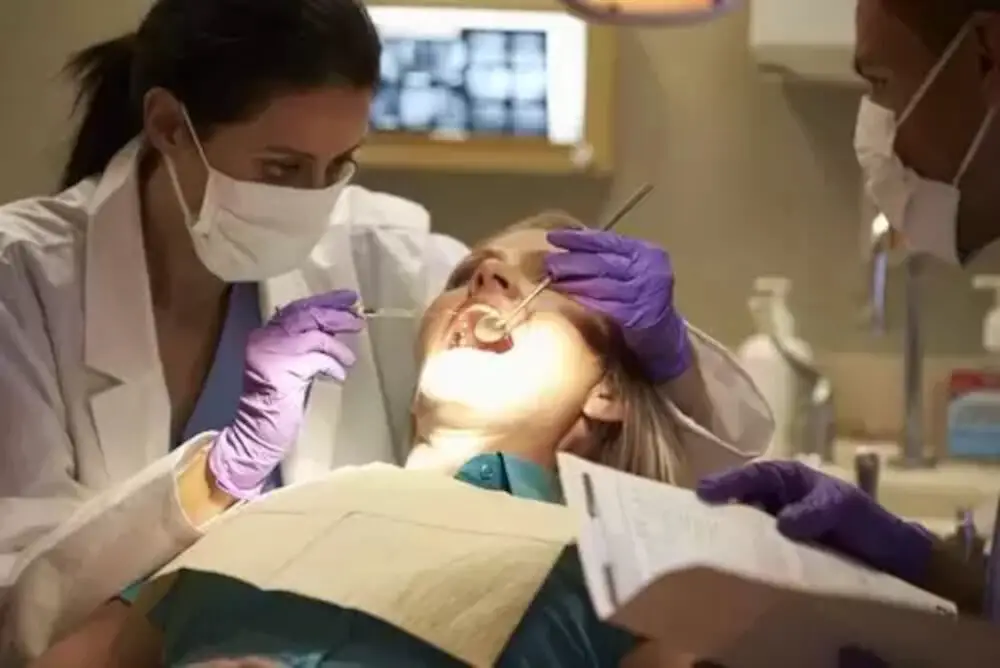
After wisdom teeth removal, patients can expect some discomfort and swelling in the affected area. This is a normal part of the healing process, and the level of discomfort can vary depending on the complexity of the extraction and the individual’s pain tolerance. Pain and swelling can be managed with over-the-counter pain relievers and cold compresses applied to the cheeks. Patients are advised to rest and avoid strenuous activity for the first few days after the procedure to promote healing and minimize discomfort. In addition to discomfort and swelling, patients may experience some bleeding and jaw stiffness after wisdom teeth removal. It is important to follow the post-operative instructions provided by your dentist or oral surgeon to minimize the risk of complications and ensure proper healing. This may include avoiding certain foods and drinks, such as hot liquids and crunchy or sticky foods, and rinsing the mouth with saltwater to promote healing. With proper care and patience, most patients recover fully within a week to 10 days after wisdom teeth removal.
During the wisdom teeth removal procedure, the dentist or oral surgeon will use anesthesia to numb the area around the teeth to be removed. Sedation may also be used to help you relax and feel more comfortable. The dentist or surgeon will then carefully extract the teeth using specialized tools. After the procedure, you can expect some degree of pain, swelling, and bleeding in the days following the surgery. The amount of pain and swelling will vary depending on the individual and the extent of the surgery. It is common to experience swelling for the first 48-72 hours after surgery, and some bleeding is normal for the first day or so. You may be prescribed pain medication and advised to use ice packs and over-the-counter pain relievers to manage any discomfort. It is important to follow post-operative instructions carefully and to contact your dentist or surgeon if you experience any unusual symptoms or complications.
The Importance of Proper Care
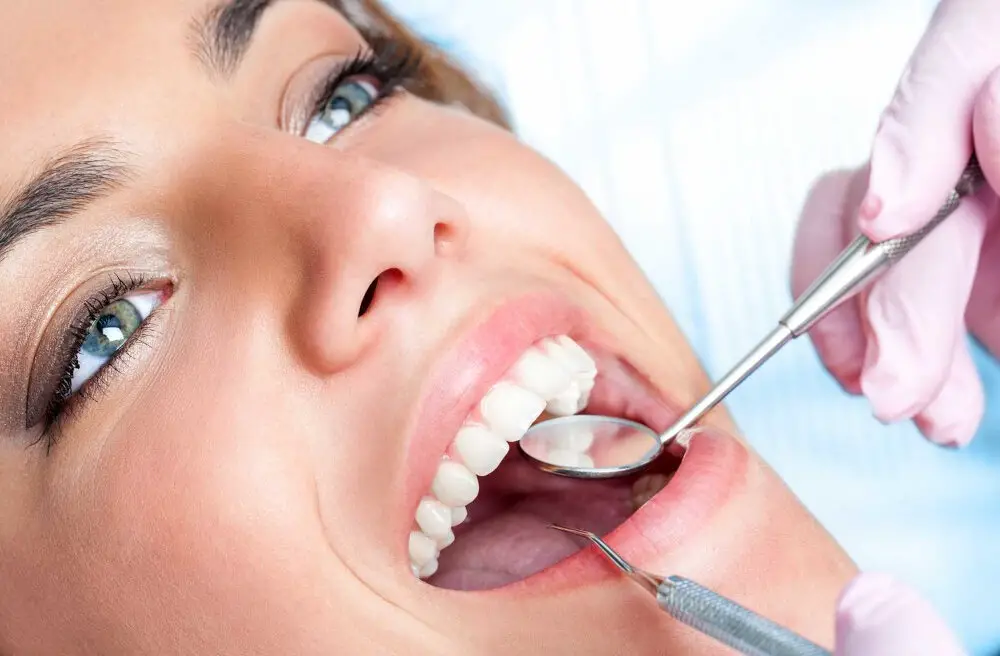
Proper care after wisdom teeth removal is paramount to ensure a smooth and speedy recovery. Neglecting to follow post-operative instructions can lead to complications such as infection, bleeding, and dry socket. It is essential to understand that the removal of wisdom teeth is a surgical procedure that requires careful attention to the surgical site to prevent any adverse effects. Therefore, it is crucial to follow the guidelines provided by your dentist or oral surgeon, which include taking prescribed pain medication, avoiding solid foods, and refraining from spitting or using straws for the first few days after surgery. Failure to adhere to these instructions can impede the healing process and increase the likelihood of complications. Proper care also entails maintaining good oral hygiene. It is recommended to avoid brushing the surgical site for the first 24 hours after surgery to prevent dislodging the blood clot that forms over the extraction site. After the initial 24 hours, it is essential to brush your teeth gently and avoid the extraction site. Rinsing with saltwater can help to prevent infection and promote healing. It is also crucial to avoid smoking and consuming alcohol, as they can hinder the healing process and increase the risk of complications. By following these essential guidelines, you can ensure proper care after wisdom teeth removal and achieve a speedy and successful recovery.
After undergoing wisdom teeth removal, it is crucial to take proper care of your mouth to avoid any potential risks and complications. Not taking proper care of your mouth can lead to infections, bleeding, and prolonged discomfort. Following your dentist’s instructions, such as avoiding hard and crunchy foods, rinsing your mouth with saltwater, and taking prescribed medication, can greatly reduce these risks and promote faster healing. Additionally, proper oral care can prevent the formation of dry sockets, a painful condition that occurs when the blood clot in the extraction site is dislodged. Taking the necessary precautions and following your dentist’s instructions can result in a smoother and more comfortable recovery process.
How to Care for Your Mouth After Wisdom Teeth Removal
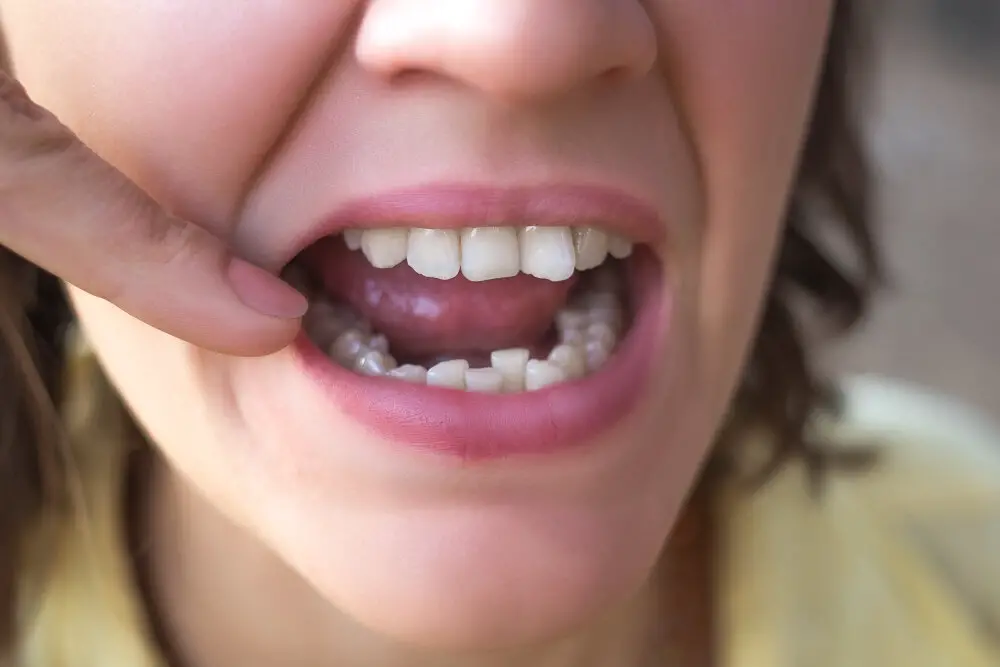
After wisdom teeth removal, it is important to take proper care of your mouth to promote healing and prevent infection. The first 24 hours after surgery are crucial, so follow your dentist’s instructions carefully. You may need to bite down on gauze for several hours to control bleeding. Apply an ice pack to your face for 20 minutes at a time to reduce swelling. Avoid rinsing your mouth or spitting forcefully, as this can dislodge the blood clot that forms in the empty tooth socket and delay healing. Instead, gently rinse your mouth with salt water after meals and before bed. This will help to keep the area clean and reduce inflammation. Stick to soft foods for the first few days and gradually introduce solid foods as you start to feel better. Avoid hot, spicy, or acidic foods, which can irritate the wound. Drink plenty of water to stay hydrated and promote healing. In the days following surgery, you may experience some discomfort, swelling, and bruising. This is normal and can be managed with over-the-counter pain medication and a cold compress. If you experience severe pain, bleeding, or swelling that does not improve after a few days, contact your dentist or oral surgeon right away. They may need to prescribe antibiotics or other medication to help you heal. With proper care and attention, most people recover fully from wisdom teeth removal within a week or two. However, it is important to follow your dentist’s instructions carefully and attend any follow-up appointments to ensure that you heal properly and avoid complications.
After having your wisdom teeth removed, it’s crucial to take proper care of your mouth to ensure a smooth and speedy recovery. Firstly, it’s recommended to rinse your mouth gently with salt water every few hours to prevent infection and speed up the healing process. Avoid using mouthwash for the first few days as it can irritate the wound. As for your diet, stick to soft and cool foods like yogurt, ice cream, and mashed potatoes for the first few days, gradually reintroducing solid foods as the wound heals. It’s also important to manage pain and swelling by taking prescribed painkillers and using ice packs on your cheeks for the first 24-48 hours. Keep in mind that each person’s recovery process may differ, so be sure to follow your dentist’s instructions for optimal healing.
Dealing with Spitting After Wisdom Teeth Removal
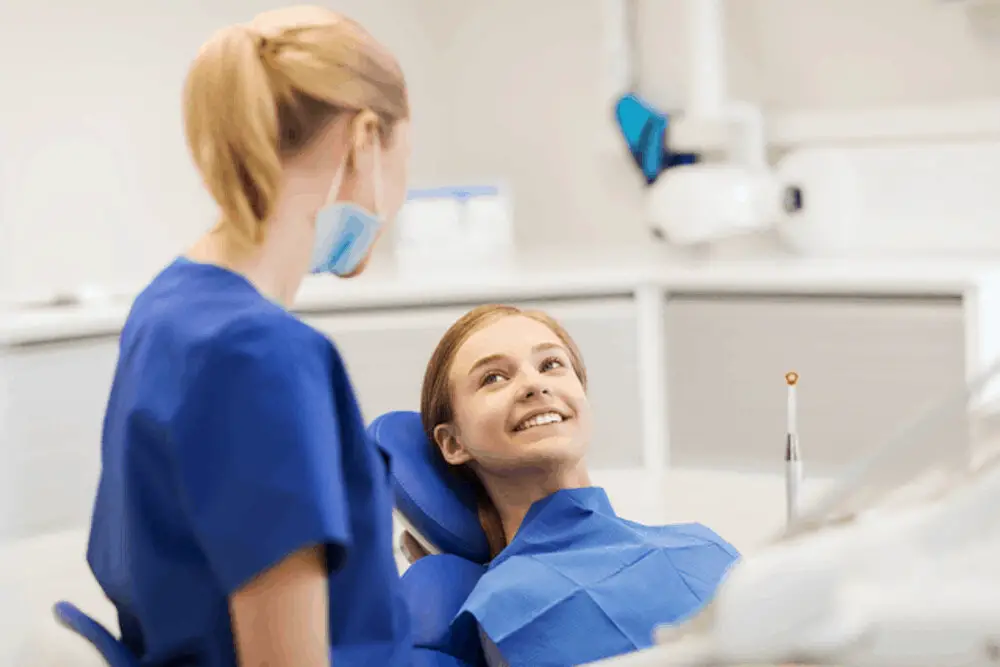
After getting your wisdom teeth removed, you may experience spitting or drooling of blood and saliva. This is a common occurrence, and it’s important to know how to deal with it to ensure a smooth recovery. The first step is to avoid spitting or rinsing your mouth for the first 24 hours after surgery. This will help the blood to clot and prevent excessive bleeding. Instead, gently bite down on a piece of gauze or cotton to apply pressure to the extraction site. Change the gauze every 30-45 minutes or as needed until bleeding subsides. If you continue to experience excessive bleeding or notice large blood clots, contact your oral surgeon immediately. After the first 24 hours, you can begin rinsing your mouth gently with salt water to help reduce swelling and promote healing. However, avoid using mouthwash or other oral hygiene products for at least a week after surgery, as they can irritate the extraction site and delay healing. It’s also important to avoid smoking, drinking alcohol, or using a straw for the first few days, as these activities can dislodge the blood clot and cause further bleeding. With proper care and attention, you can manage spitting after wisdom teeth removal and ensure a speedy recovery.
After wisdom teeth removal, spitting can become a problem as it can dislodge the blood clot that is forming to protect the extraction site and cause dry socket. Dry socket is a painful condition where the blood clot is dislodged, exposing the bone and nerves underneath. To manage this, patients are advised not to spit for at least 24 hours after the procedure. After this period, patients can spit, but they need to be careful not to dislodge the clot. Techniques for reducing the amount of saliva in the mouth include swallowing saliva, using a suction device, or using a piece of gauze to absorb saliva. To properly spit, patients need to tilt their head forward and let the saliva drool out of their mouth. They should avoid spitting forcefully and rinsing their mouth vigorously, as these actions can cause damage to the extraction site.
The article \Spitting After Wisdom Teeth Removal: A Comprehensive Guide to Recovery\ emphasizes the importance of proper care after wisdom teeth extraction. The key points discussed in the article include the risks involved in spitting, such as dry sockets and bleeding, and the steps that should be taken to ensure a smooth recovery. The article reiterates the importance of avoiding spitting, smoking, and using straws during the recovery period. The article also highlights the significance of following a soft food diet, taking prescribed medication, and maintaining good oral hygiene. Overall, the article stresses the importance of taking proper care after wisdom teeth removal to prevent complications and ensure a speedy recovery.
Conclusion
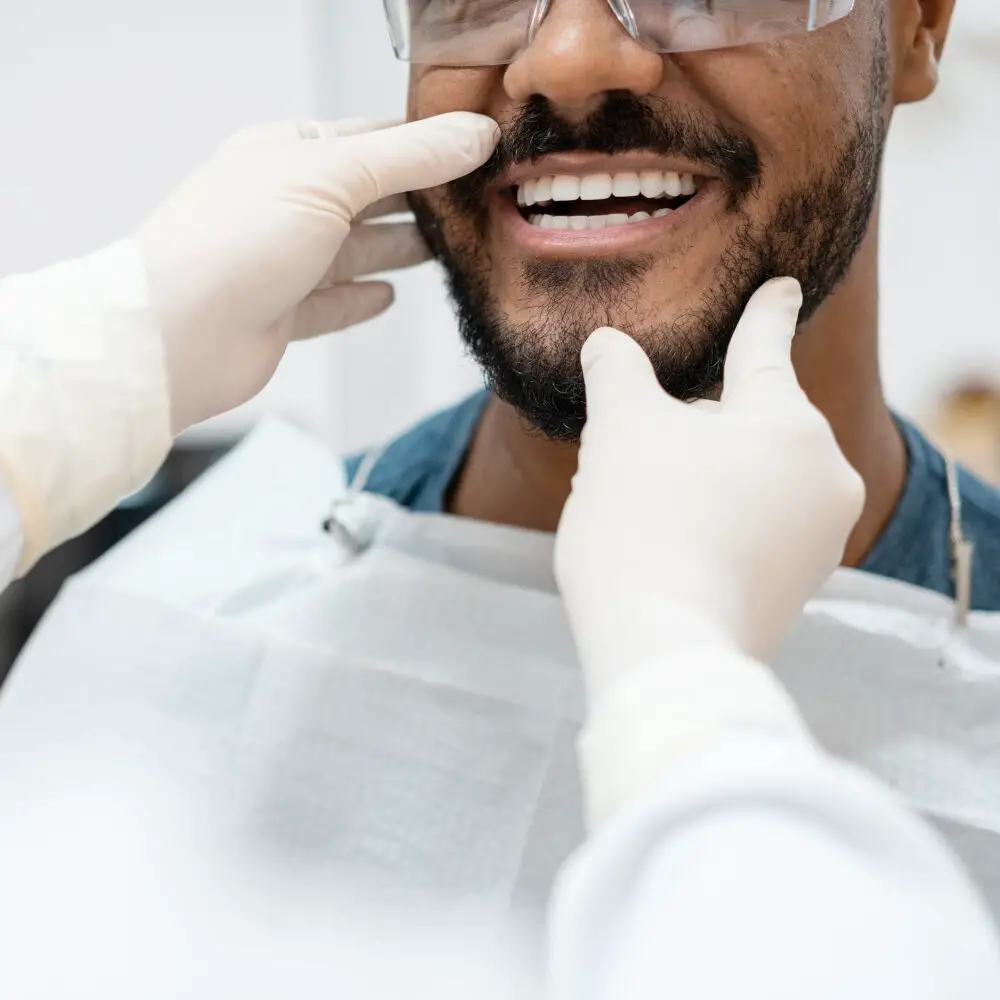
In conclusion, spitting after wisdom teeth removal can be a complicated issue, but with proper care and attention, patients can make a full recovery. It is essential to follow the aftercare instructions provided by the dentist or oral surgeon, which may include avoiding spitting, rinsing gently, and applying ice packs to reduce swelling. Patients should also avoid smoking and consuming solid foods for a few days following the procedure. By taking these precautions and giving their bodies time to heal, patients can ensure a smooth and successful recovery from wisdom teeth removal. Remember, each individual’s recovery experience may vary, but with patience and adherence to proper care, one can have a healthy and speedy recovery.
